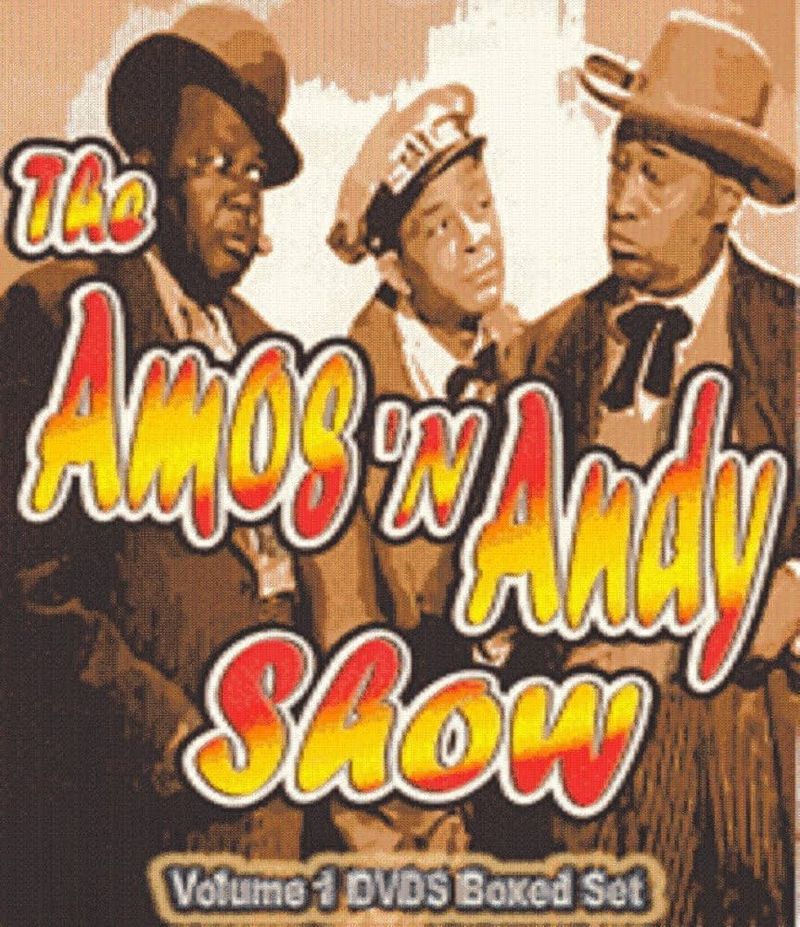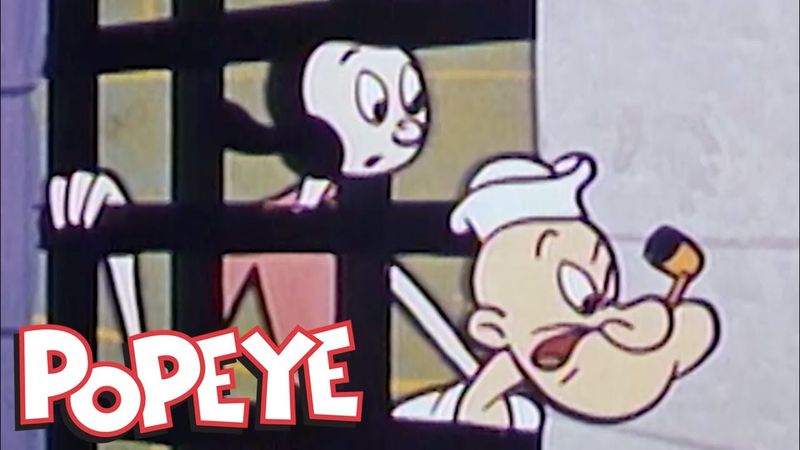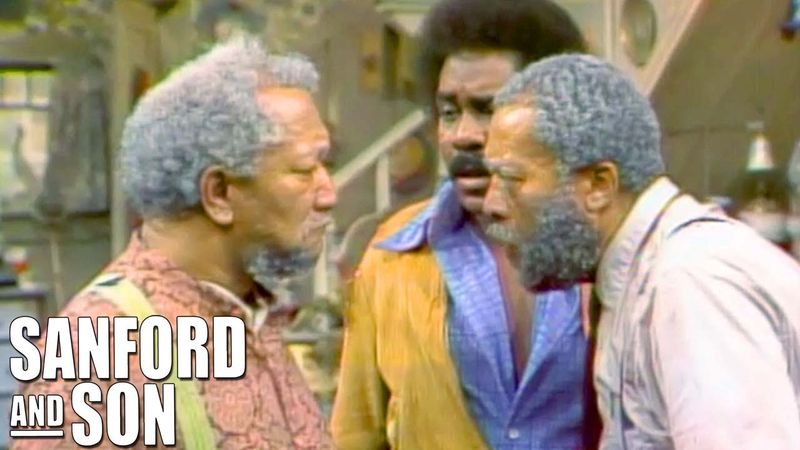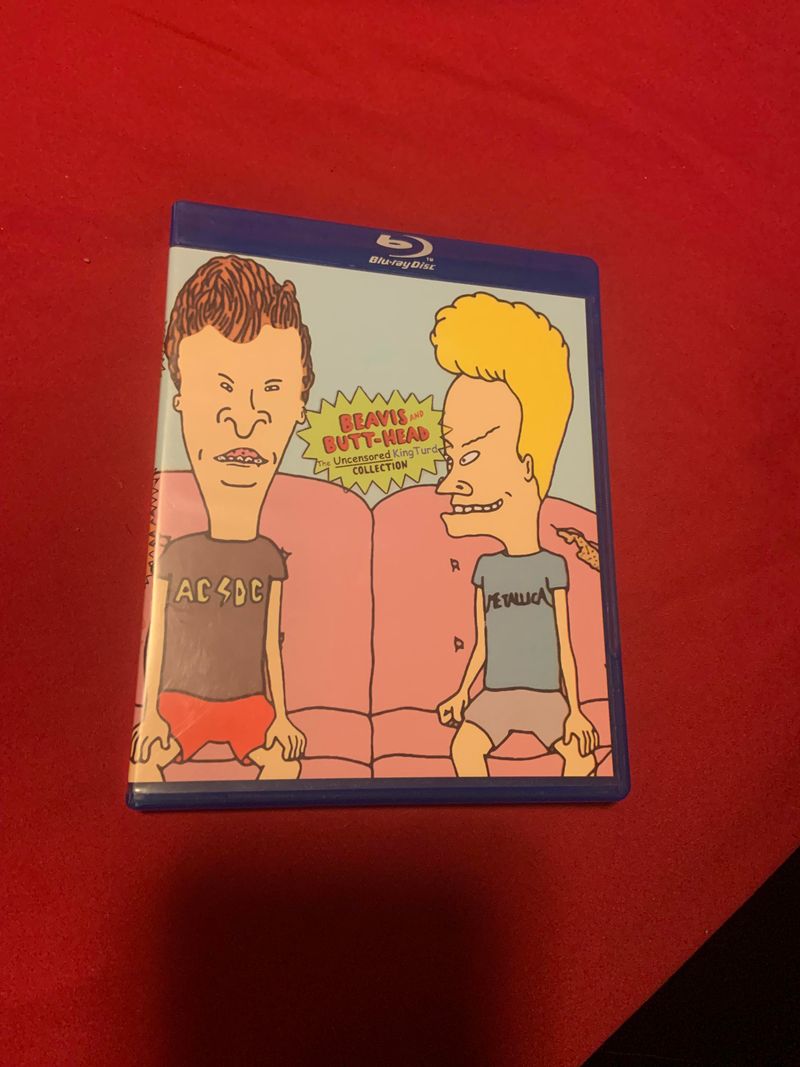In a world where social norms are rapidly evolving, many classic TV shows might not make it past today’s rigorous scrutiny. The impact of cancel culture is such that content once considered humorous or harmless is now seen through a different lens.
This list explores 20 iconic TV shows that could face the chopping block if re-evaluated under current societal standards. Each show has its unique charm and historical context, but could also be seen as problematic by today’s audiences.
Let’s explore why these beloved shows might stir controversy if they aired today.
1. All in the Family
All in the Family, a groundbreaking sitcom from the 1970s, tackled hot-button issues like racism, sexism, and homophobia. Its protagonist, Archie Bunker, was a mirror to a segment of society holding onto outdated beliefs. While the show was applauded for its frank discussions, it often walked a fine line.
Today, its bold approach might be viewed as offensive or inappropriate. The humor, rooted in stereotypes and prejudices, could spark outrage rather than laughter.
In an era of heightened sensitivity, Archie’s unapologetic rhetoric would likely be subject to intense scrutiny, making it a target for cancel culture.
2. Married… with Children
Married… with Children portrayed the dysfunctional Bundy family, breaking away from the idealized family image prevalent in 1980s sitcoms. The show’s humor was often crude, relying on misogynistic jokes and anti-hero antics.
Al Bundy, the main character, exemplified the disgruntled, underachieving husband archetype. Peggy, his wife, was equally unconventional, adding to the show’s satirical portrayal of family life.
In today’s landscape, the exaggerated stereotypes and humor might face backlash. Critics could argue that its portrayal of gender roles and relationships is out of sync with modern values, leading to potential boycotts.
3. The Dukes of Hazzard
The Dukes of Hazzard, known for its car chases and southern charm, is fondly remembered for the iconic General Lee car adorned with a Confederate flag. Despite its success, the show’s cultural symbolism is contentious today.
The Confederate flag, a prominent feature, is now widely seen as a symbol of racism and oppression.
In modern times, the show’s casual use of such imagery could provoke significant criticism. The nostalgia factor might not be enough to overshadow the growing awareness and rejection of symbols associated with racial intolerance, making it a prime candidate for cancellation.
4. Three’s Company
Three’s Company revolved around the comedic misunderstandings between Jack, Janet, and Chrissy, three roommates sharing an apartment. The show’s humor often hinged on sexual innuendos and exaggerated gender stereotypes.
Jack pretends to be gay to live with two women, a plot point that might be seen as problematic today. The comedic elements, although intended to entertain, could be interpreted as perpetuating stereotypes.
In today’s society, where representation and sensitivity are prioritized, the show’s reliance on outdated notions might not sit well with audiences, leading to accusations of insensitivity.
5. The Beverly Hillbillies
The Beverly Hillbillies depicted the Clampett family’s adventures after striking it rich and moving to Beverly Hills. The show highlighted the contrast between their rural upbringing and the opulent lifestyle of the elite.
While humorous, it played heavily on class and cultural stereotypes. The portrayal of the “hillbilly” lifestyle, filled with exaggerations, might be criticized for reinforcing negative stereotypes.
In a time where cultural sensitivity is paramount, the show’s depiction of rural vs. urban life could be seen as disparaging, making it susceptible to calls for cancellation in today’s climate.
6. The Jeffersons
The Jeffersons, a groundbreaking sitcom, followed George and Louise Jefferson as they “moved on up” to a deluxe Manhattan apartment. It was celebrated for showcasing African American success and addressing racial issues.
However, its protagonist, George, was known for his abrasive and often offensive humor. The show tackled sensitive subjects with a comedic twist, sometimes stepping into controversial territory.
In today’s socially aware environment, its bold humor and portrayal of racial dynamics might receive mixed reactions. While praised for its pioneering spirit, it could also be critiqued for elements seen as insensitive today.
7. Blazing Saddles (TV Adaptations and References)
Blazing Saddles, originally a film, has inspired various TV adaptations and references known for their satirical take on Westerns. The humor, often based on racial and societal stereotypes, was daring for its time.
Its blunt approach to racism and political correctness was intended as a critique, yet it’s a style that might clash with modern sensibilities.
Adapting such content today could be fraught with challenges. The irreverent humor that once pushed boundaries could be perceived as crossing lines, leading to debates about its appropriateness in a more politically correct era.
8. The Little Rascals
The Little Rascals, also known as Our Gang, featured children in comedic scenarios, captivating audiences with their antics. However, the shorts from the 1930s often included racial and gender stereotypes that were reflective of the era.
Characters like Buckwheat and Farina were portrayed in ways that today appear racially insensitive. The humor, charming in its innocence, still carried undertones of the prevalent societal norms of its time.
Modern audiences might find these portrayals problematic, prompting discussions on representation. The nostalgic charm is overshadowed by the need for sensitivity, possibly leading to its reconsideration.
9. Fawlty Towers
Fawlty Towers, a British classic, featured Basil Fawlty, an inept hotel manager whose antics often led to chaos. The humor involved slapstick, misunderstandings, and cultural clashes, making it a hit.
However, some episodes contained jabs at different ethnicities and nationalities, reflecting the humor of its time. In today’s diverse world, such jokes might not be well-received.
The brilliance of John Cleese’s performance is undeniable, but modern audiences might struggle with the cultural insensitivity. As society becomes more inclusive, content once accepted without question could face re-evaluation and potential criticism.
10. Bonanza
Bonanza, a staple of 1960s television, chronicled the lives of the Cartwright family in the American West. It was praised for its storytelling and exploration of family and ethical issues.
However, its portrayal of Native Americans and women often aligned with the stereotypes of its era. The depiction of frontier life, through a predominantly white lens, might be seen as lacking in diversity.
As audiences seek more inclusive narratives, the show’s limited portrayal of minority groups and its traditional gender roles could be points of contention, inviting calls for reevaluation under contemporary standards.
11. MAS*H
MAS*H, set during the Korean War, combined humor and drama to explore the lives of a military hospital staff. Its clever writing and character development made it a beloved series.
However, the show sometimes used humor that, by today’s standards, might be deemed insensitive or politically incorrect. The portrayal of certain ethnic characters and gender dynamics might not align with current expectations.
While it remains a television classic, viewers today might critique its handling of sensitive topics, questioning its place in a modern lineup focused on inclusivity and respect.
12. The Love Boat
The Love Boat took audiences on romantic and comedic adventures aboard a cruise ship, featuring guest stars in each episode. It captured the spirit of the 70s with lighthearted plots and themes.
Some storylines, however, might now be considered trivializing serious issues like consent and gender roles. The episodic nature often glossed over complexities in favor of happy endings.
In a time where media is scrutinized for its portrayal of relationships, The Love Boat’s simplistic take could be seen as outdated. Critics might argue that its depiction of romance lacks depth, risking modern disapproval.
13. Gilligan’s Island
Gilligan’s Island, a classic 1960s sitcom, followed the comedic endeavors of castaways stranded on a tropical island. Its innocent charm was fueled by slapstick humor and exaggerated stereotypes.
The characters, though beloved, often adhered to rigid archetypes, such as the Skipper, the Professor, and the Movie Star. These portrayals, funny in their simplicity, might be seen as lacking depth and perpetuating stereotypes.
In today’s media landscape, where diverse representation is key, the show’s light-hearted approach could face scrutiny, prompting discussions about its relevance and sensitivity to modern audiences.
14. The Flintstones
The Flintstones brought prehistoric suburbia to life, showcasing the Stone Age antics of the Flintstone family. It cleverly paralleled contemporary society, reflecting 1960s culture through a comedic lens.
However, its gender dynamics, portraying Fred Flintstone as the bumbling husband and Wilma as the diligent wife, mirror traditional stereotypes. Such portrayals might now be viewed as reinforcing outdated gender roles.
As audiences become more attuned to gender sensitivity, the show’s humor and character relationships could be criticized. Despite its charm, it might not align with modern values focused on equality and representation.
15. Looney Tunes (Original Unedited Versions)
Looney Tunes, iconic for its animated slapstick, introduced characters like Bugs Bunny and Daffy Duck. Originally aired from the 1940s to 1950s, the shorts featured humor and scenarios reflective of their time.
Some episodes included racial and cultural stereotypes that, today, are viewed as inappropriate. These portrayals, accepted then, could be considered offensive now.
While beloved for its creativity, the original unedited versions might face criticism for insensitivity. Revisiting these classics prompts a dialogue about the evolution of humor and the importance of contextual understanding in media.
16. The Cosby Show
The Cosby Show, featuring the Huxtable family, was celebrated for portraying a successful African American household with humor and warmth. It tackled issues with a blend of comedy and serious moments.
However, the show’s legacy is overshadowed by the controversies surrounding its lead actor, Bill Cosby. The disconnect between the show’s positive message and the actor’s actions complicates its place in cultural history.
While the series itself remains influential, its association with Cosby makes it contentious. Viewers today might struggle with separating the art from the artist, impacting its reception and potential re-evaluation.
17. Amos ‘n’ Andy
Amos ‘n’ Andy, originally a radio show before transitioning to TV, depicted African American characters with humor that relied heavily on racial stereotypes. It became both popular and controversial for this reason.
The show faced criticism for its portrayal of African American culture through limiting and demeaning caricatures. While some defended its comedic value, others saw it as reinforcing harmful stereotypes.
In today’s world, where representation is crucial, Amos ‘n’ Andy would likely encounter significant backlash. Its legacy is a reminder of past missteps in media, prompting discussions on race and portrayal in entertainment.
18. Popeye (Classic Episodes)
Popeye, the spinach-eating sailor, delighted audiences with his adventures and quirky humor. The classic 1930s episodes featured slapstick comedy and exaggerated character traits.
However, certain storylines and character portrayals reflected stereotypes and cultural insensitivity common in that era. Characters like Bluto often embodied negative clichés, which could be problematic today.
As society embraces more nuanced portrayals, Popeye’s simplistic characterizations might be critiqued. Despite its endearing qualities, the show’s approach to humor and character dynamics might not resonate with modern audiences seeking more thoughtful content.
19. Sanford and Son
Sanford and Son, centered around Fred Sanford, a cantankerous junk dealer, offered a humorous glimpse into family life in 1970s Los Angeles. The show was known for its witty dialogue and comedic conflicts.
Fred, played by Redd Foxx, used humor that sometimes bordered on the insensitive, reflecting societal attitudes of the time. The portrayal of racial dynamics and family relationships was both celebrated and critiqued.
Modern viewers might find some elements outdated, questioning the comedic approach to sensitive topics. As discussions on race and representation progress, such shows face reassessment in terms of cultural relevance.
20. Beavis and Butt-Head (Original Uncensored Episodes)
Beavis and Butt-Head, an animated series from the 1990s, followed two teenage slackers known for their crude and irreverent humor. The show satirized teenage life and pop culture with a no-holds-barred approach.
The original uncensored episodes contained content that pushed boundaries and sparked controversy. Today, its portrayal of violence, sexism, and rebellion might be viewed as problematic.
While influential in its time, the show’s unapologetic style could face criticism from audiences who prioritize more respectful and inclusive content. The challenge lies in balancing nostalgia with the evolving standards of humor and representation.





